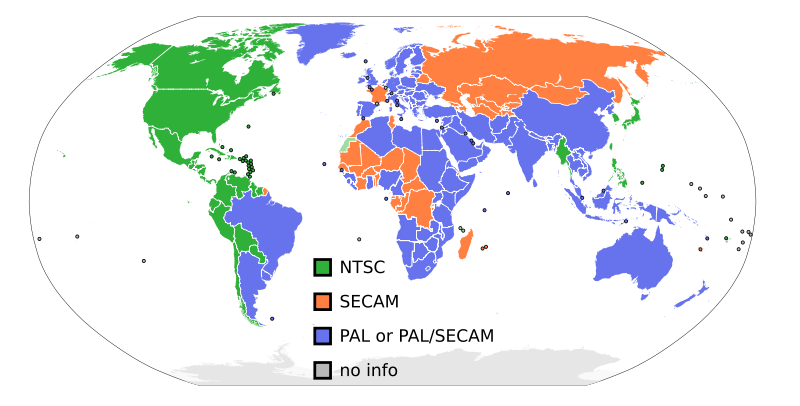Let's start with Big Names: I am talking about big, well-established game creators taking to Kickstarter to fund their projects. Tim Schafer, Keiji Inafune, Richard Garriott - these are all people who have used their "star power" to smash Kickstarter records as their legions of fans lined up to throw money at them. I'm of the opinion that these big names should not be allowed on the service at all. Kickstarter should be a place where up-and-commers, looking to break into the industry with an interesting new idea, can float that idea to everyday schmoes like you and me, who then decide if it's something worth backing.
"[Kickstarter] should not be a place for Keiji Inafune to get easy money for another Mega Man game"It should not be a place for Keiji Inafune to get easy money for another Mega Man game. Keiji Inafune is Keiji fucking Inafune. His Mighty No. 9 Kickstarter raised over half a million dollars in a single day. It hit its funding goal within a week. And no one should have been surprised by this. Wow, you managed to raise a boatload of money for what is essentially an HD remake of a game that has millions of followers and is widely regarded as a cult classic? Well done. The only thing easier would be raising money for an Ocarina of Time remake. People with as much pull as Inafune should not be on Kickstarter. If Inafune can't find someone outside of Kickstarter to back his Mega Man remake then he's doing it wrong.
 |
| (Not Mega Man) |
Tim Schafer's Kickstarter tells a similar story, raising an unreal $3 million for something that’s just a concept. People threw money at Broken Age before it even had a God-damn title. You're telling me you had so little faith in finding someone to invest in a Double Fine adventure game that you had to take it to Kickstarter? Bullshit. If your obscure, action-adventure/RTS hybrid that no-one asked for, Brutal Legend, can find funding through official channels, then the adventure game that fans have been begging for since Grim Fandango sure as hell should be able to.
"People threw money at Broken Age before it even had a God-damn title"Schafer's story also ties in to our next point perfectly: Big Ideas. Schafer asked for $400,00 for what was basically a gleam in his eye. He got eight times that amount. So what does he do? Humbly accept the money and deliver the most awesome game his fans could ask for? No. The guy says that it's still not enough. I'm sorry, but if three million dollars can't make your game, you should not be shilling that game on Kickstarter. Star Citizen has raised $17 million, and Chris Roberts has the nerve to say he avoided the publisher route because he thought it would be too "niche" of a game. Kickstarter is to kickstart projects, not provide an endless stream of money for you to waste on Big Ideas.
 |
| Tim Schafer |
I'm sure a lot of you are reading this and saying, "But Steven, the biggest draw of Kickstarter is that the fans get to help design the game," to which I retort: "I can think of nothing more horrifying than fans having a say in game design."
Big Fans are probably the worst part about Kickstarter. I'm going to put this out there, and I dare you to disagree with me: most people that post anything on the internet are morons. Don't get me wrong; there is are a lot of fantastic gems hiding out there, great ideas from brilliant people, but the overwhelming majority of it is crap. Don't believe me? Go to YouTube, look through the most recent video uploads. Start from the top and watch every video, start to finish, until you find one that's good. I challenge you to find a single entertaining video before you gouge your eyes out with a rusty spoon.
 |
| Fan feedback |
Basically, the Skullgirls crowdfunder promised two "Mystery Characters" that all backers would be able to vote on. So what do you think happened when some backers' favorite characters got voted out? That they took it in stride and decided that though their favorite character was no longer in the race, they would keep supporting the developer and its vision anyway? Maybe in the land of sunshine and rainbows, but in the real world they took their ball and went home, demanding refunds when their characters of choice got knocked out of the vote. It got to the point where PayPal froze all of the campaign's funds due to chargebacks.
"Simply put, fans don't know what the fuck they are talking about"And these are the people that I am supposed to trust with major decisions about game development? No fucking way. The Xbox One, which admittedly didn't have the greatest PR team, tried to do something drastically different and original, but was met with so much hatred and nerdrage that it has since reverted to the exact same thing as the PS4. Even the Kinect, which is one of the only things left that sets it apart from the competition, is still under intense pressure from "fans" to be removed. If you look at the film industry, you’ll see the same effect. Ben Affleck being cast as Batman was met with a wave of internet QQ, despite this actually being a pretty good choice considering Affleck's prior acting and directing accolades, his great love of comic books, and his physical appearance.
 |
| Instant nerdrage, just add Twitter |
These are the three big problems I have with crowd-funding. I'm sure in time, when Big Name developers stop using it as their personal piggy-bank, Big Ideas make way for Realistic Ideas, and Big Fans learn to stop destroying everything they love, Kickstarter will become a very common alternative path for game development. I don't believe Kickstarter will ever replace traditional publishers, nor do I think it should. It has its place in the games industry, but it is a far cry from the be-all-end-all that people make it out to be. It also somewhat baffles me that we have become such a consumerist society, that people are willing to pay for products that don't even exist yet… perhaps a topic for another post!
Just some food for thought.
-Steven
Author's note: Thanks for reading guys. As always, if you want to tell me I'm a fucking moron please take to the comments section below, any feedback or criticism is welcome.
Subscribe to my twitter for up-to-date news and blog updates, my youtube channel for gaming videos, and be sure to check out my Escapist profile for daily updates!
Subscribe to my twitter for up-to-date news and blog updates, my youtube channel for gaming videos, and be sure to check out my Escapist profile for daily updates!















